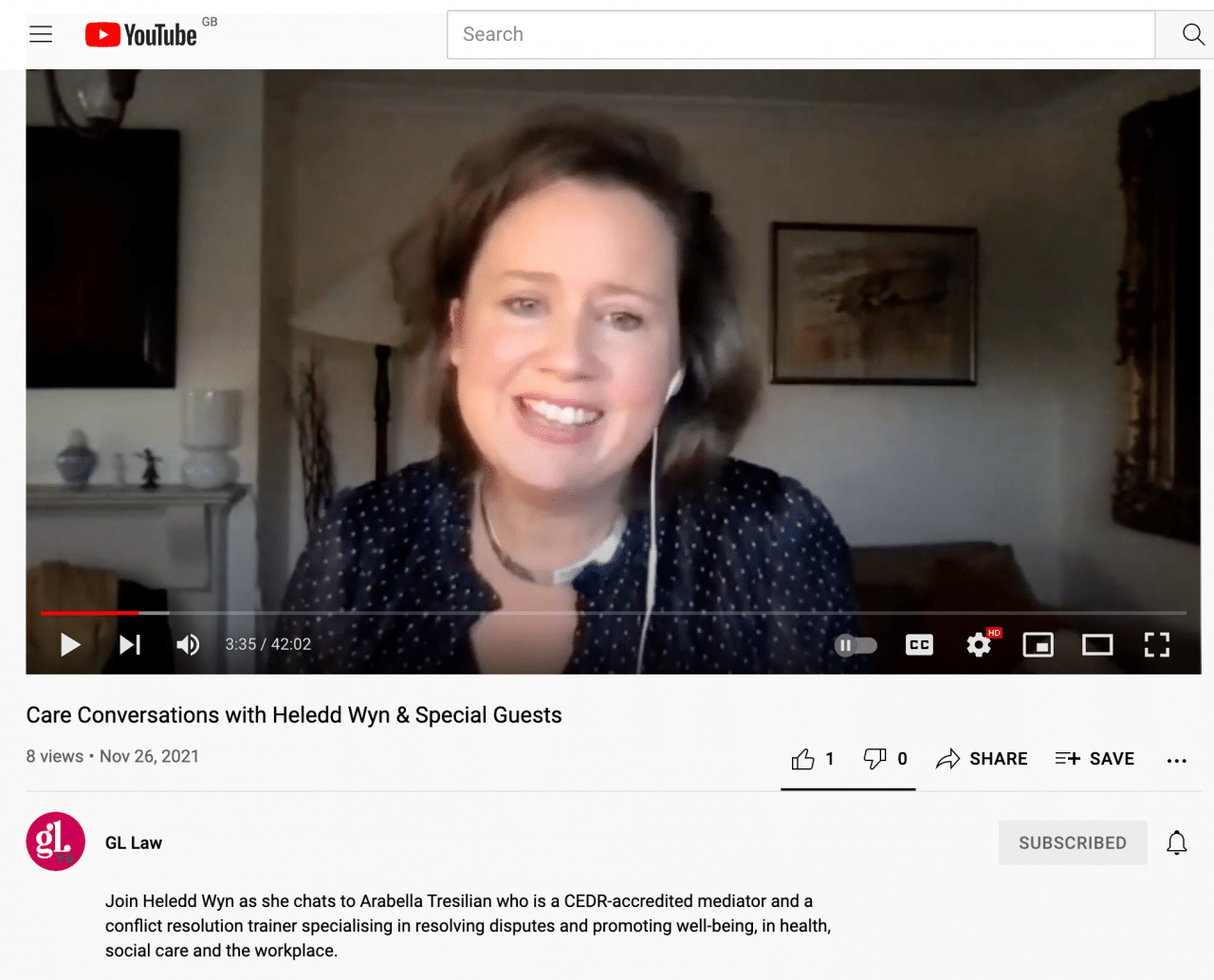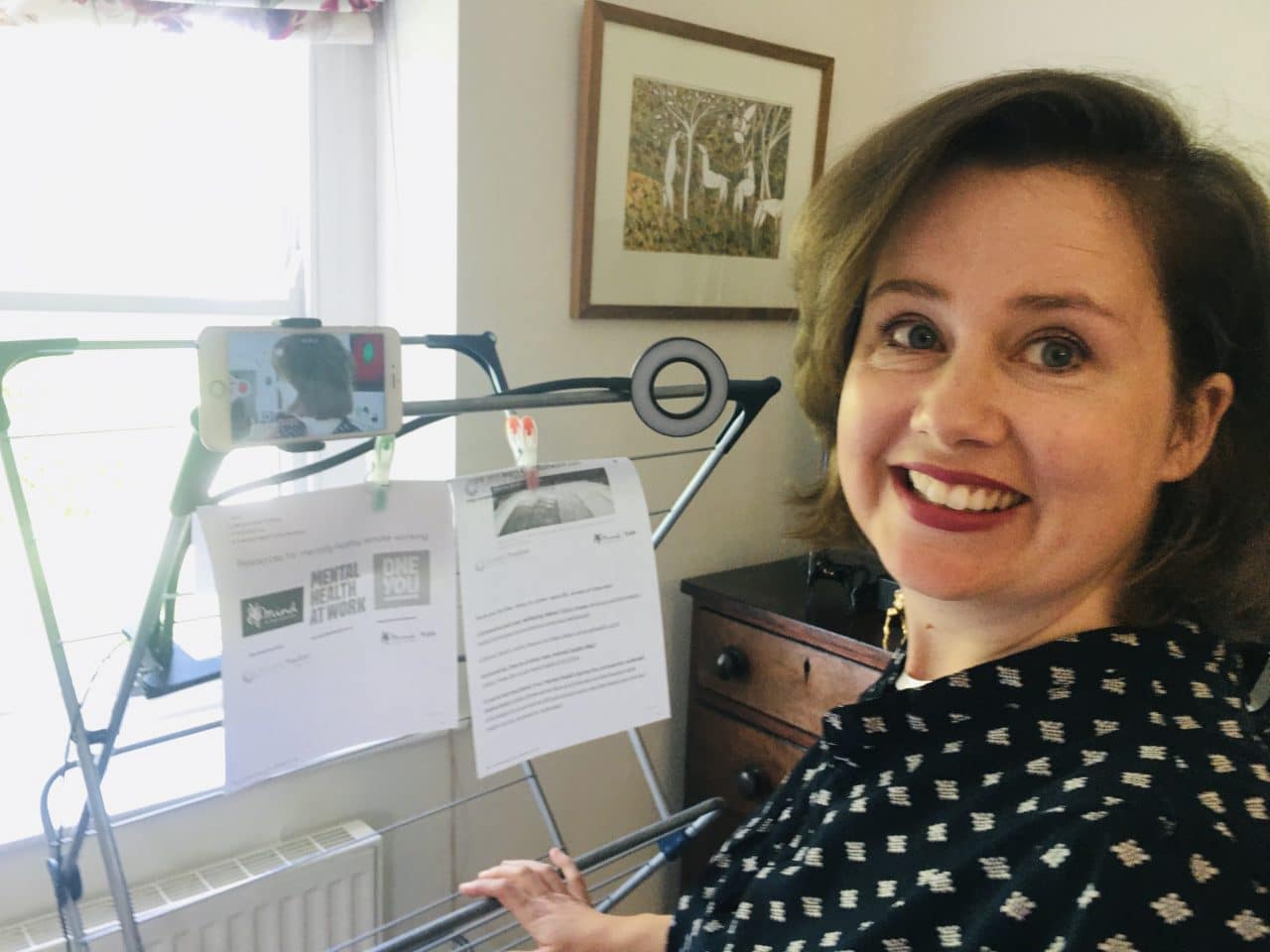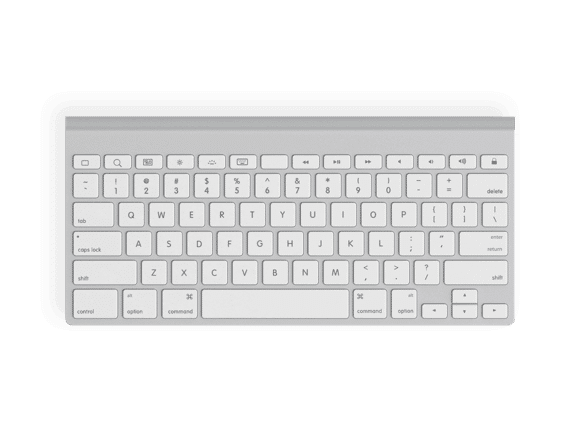The Mediator’s Role
The mediator’s role is:
The mediator’s role also includes:
- Creating a comfortable environment for the discussion;
- Helping the parties to define exactly what they are disputing;
- Making sure the discussion stays on track;
- Assisting the parties to identify and communicate their priorities and concerns; and
- Supporting the parties in reaching an agreement.
Mediators do not take sides, make decisions or suggest solutions. The parties create and agree to their own solution. Nothing is imposed by the mediator.
Mediators are trained and experienced in dispute resolution. They are neutral facilitators who help the parties explore the problem, and find new options to resolve the dispute. The mediator does not judge who is right or wrong and does not give legal advice. (Ref: Alberta Justice & Solicitor General)
Why I love being a mediator…
I came to mediation through a confluence of circumstances which made me think, ‘There must be a better way for people to deal with their difficulties than to threaten legal action, or refuse to engage in communication at all!’ I realised that a great deal of my management consultancy work was really… conflict resolution. It gave me such pleasure and relief when long-held rifts within and between teams melted away after some good, authentic communication. This piqued my interest to find out more about the art of conflict resolution, and I did my first certificated training, and started practising as a community mediator. Later I qualified as a civil and employment mediator, and have been mediating ever since.
It’s astonishing to witness people’s lives turn from a turmoil of distressing, intractable ‘stuckness’, to a new phase in which, for example, neighbours can conceive of greeting eachother again; or work colleagues re-establish trust between each other after maybe years of mistrust, stress and non-communication. Mediation takes empathy, patience and persistence, and it is a skill I will develop and hone endlessly over years to come, but its core aspect is a belief that people really can find peace again, given the right support and a safe space to explore options for settling differences. Facilitating such processes is a real honour. Nothing beats the sight of former disputants smiling, shaking hands, or even (more often than you would think) hugging, at the end of a mediation.
Want to learn some of the ‘tricks of the trade’ of a mediator? I recommend these books:





